Erin Galloway is the deputy director of publicity for Berkley and has spent the last 25 years publishing romance books. Together with Cindy Hwang, the editorial director at Berkley, they explore the genre's importance in readers' lives, break down its most common misconceptions, and share the book recommendations that defy them from across the entire romance industry.
One of the things we find most fascinating about the romance genre is how it reflects the time period in which it was written. You can see how women began to own their own sexuality throughout the past four-and-a-half decades of romance novels. While trends have come and gone, one thing remains constant: It's always about the relationship.
Ultimately, that search for connection mirrors the way we perceive ourselves in society. Romance novels can give readers the courage to begin a difficult conversation with a partner; to dream of the job, life, or partner(s) they truly deserve; and be the first medium where readers finally see their own stories reflected.
Anyone who says romance doesn't change lives doesn't recognize its power. That's why it's so important to correct the most common misconceptions about romance novels. There can be a lot of stigma associated with romance, and that stems from lack of knowledge.
We hope that by deconstructing the ones we've seen the most often from non-romance readers, we can inspire more people to read, write, and discuss romance—which helps the genre grow and evolve.
Misconception #1
Romance novels are just about sex.
At the end of the day, romance is about intimacy. In fact, there are plenty of books where the main couple never has sex on the page. Our recommendations below show that falling in love is about much more than just hopping into bed. It's about finding shared goals and values, and learning to trust another person with your vulnerabilities.
Misconception #2
Bad boys in romance novels are adored for being jerks.
There have been many novels where the hero of a romance novel starts out a jerk, but that behavior isn't celebrated. It's part of his journey in growing into something more and better. It's incredibly satisfying to watch someone grow as a human being over the course of the novel to become capable of wholehearted love and commitment.
And character growth isn't limited to a hero—it's an important part of a heroine's development as well. The picks we included here celebrate the romance couple's emotional journey toward their happy ending.
Misconception #3
Romance novels glorify abusive relationships.
Instead, romance spotlights two people learning together how to communicate and co-create a healthy relationship. The alpha male is common in romance, and some characters even inspired the term "alphahole" for the hero who could skirt or cross the line into controlling.
But romance is always evolving, and now you’re most likely to see equity in a relationship's power dynamics because these are two good people who want a healthy relationship built on trust.
Misconception #4
The heroes in romance novels have all the power.
The hero always having the bigger career or the bigger bank account is another misconception we hear a lot about. To be clear, tropes featuring this dynamic where the hero "wears the pants" and "brings home the bacon" are still around. The billionaire hero was an omnipresent trend not that long ago, and the fantasy of being swept off your feet certainly does exist.
There's nothing wrong with those fantasies, of course. Especially as they aren't the only fantasies portrayed. Nowadays you can just as easily find romances where the hero and heroine are in equally high-powered jobs or where the heroine has a position of power over the hero—including the books below!
Misconception #5
Romance isn't diverse.
One of the misconceptions that romance is working hard to overcome is not being diverse. Today you can find love stories featuring many ethnicities and cultures, including black, Asian, Hispanic, Polynesian, Jewish, Muslim, and Hindi.
Romances are also no longer defined as relationships solely between a man and a woman. We now have romances featuring gay, lesbian, bisexual, non-binary characters, and main characters with disabilities. Love is love, and everyone deserves to see their story reflected in a broader range of characters and experiences.
While the genre has come a long way in the last 50 years, many readers will note that it still has further to go. Books like the ones below not only reflect the world we live in, but offer a glimpse of the world we aspire to live in.
Which books do you think defy the most common misconceptions of romance? Tell us in the comments!
Check out the complete coverage of Romance Week:
The Beginner's Guide to Reading Romance
Legendary Literary Couples Live on in Countless Retellings
26 of the Hottest Romances of 2019
posted by Marie on February, 07
from Goodreads Blog http://bit.ly/2N1qvDb
via IFTTT









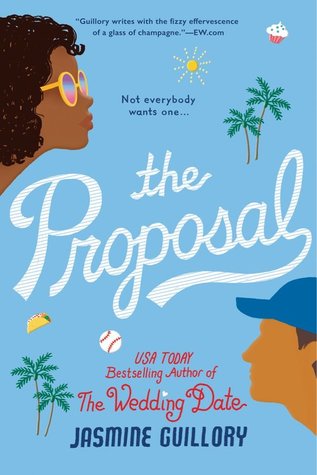




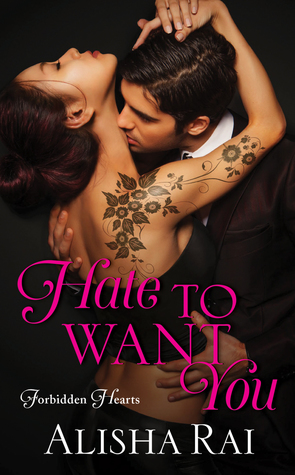




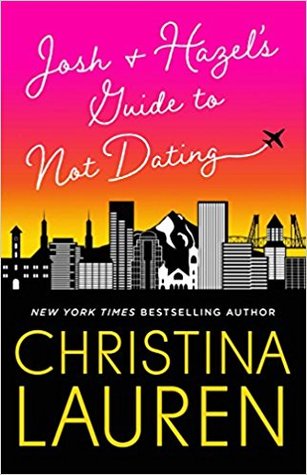



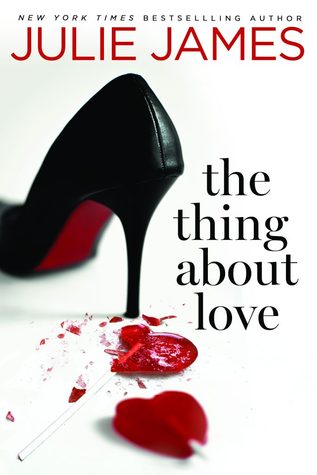
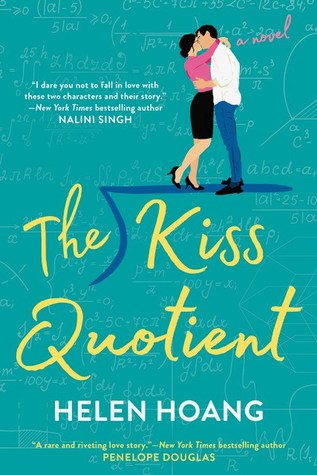



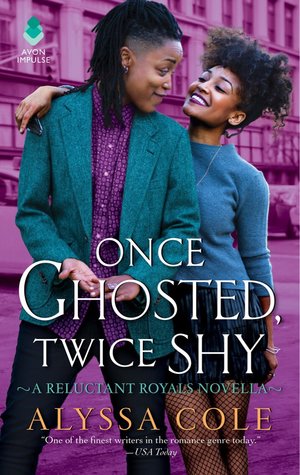

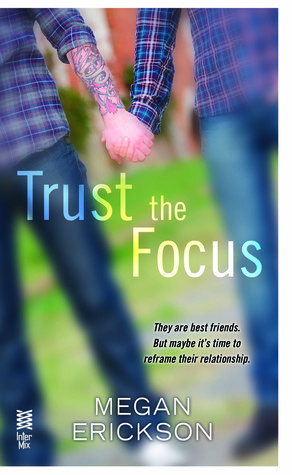





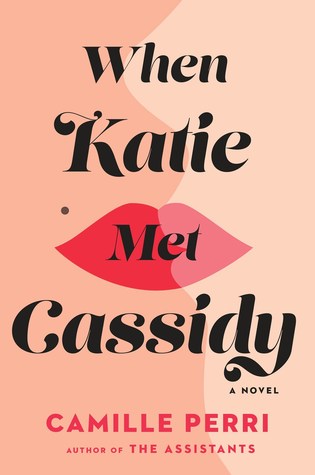

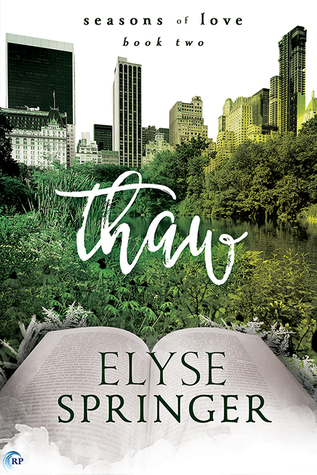

No comments:
Post a Comment